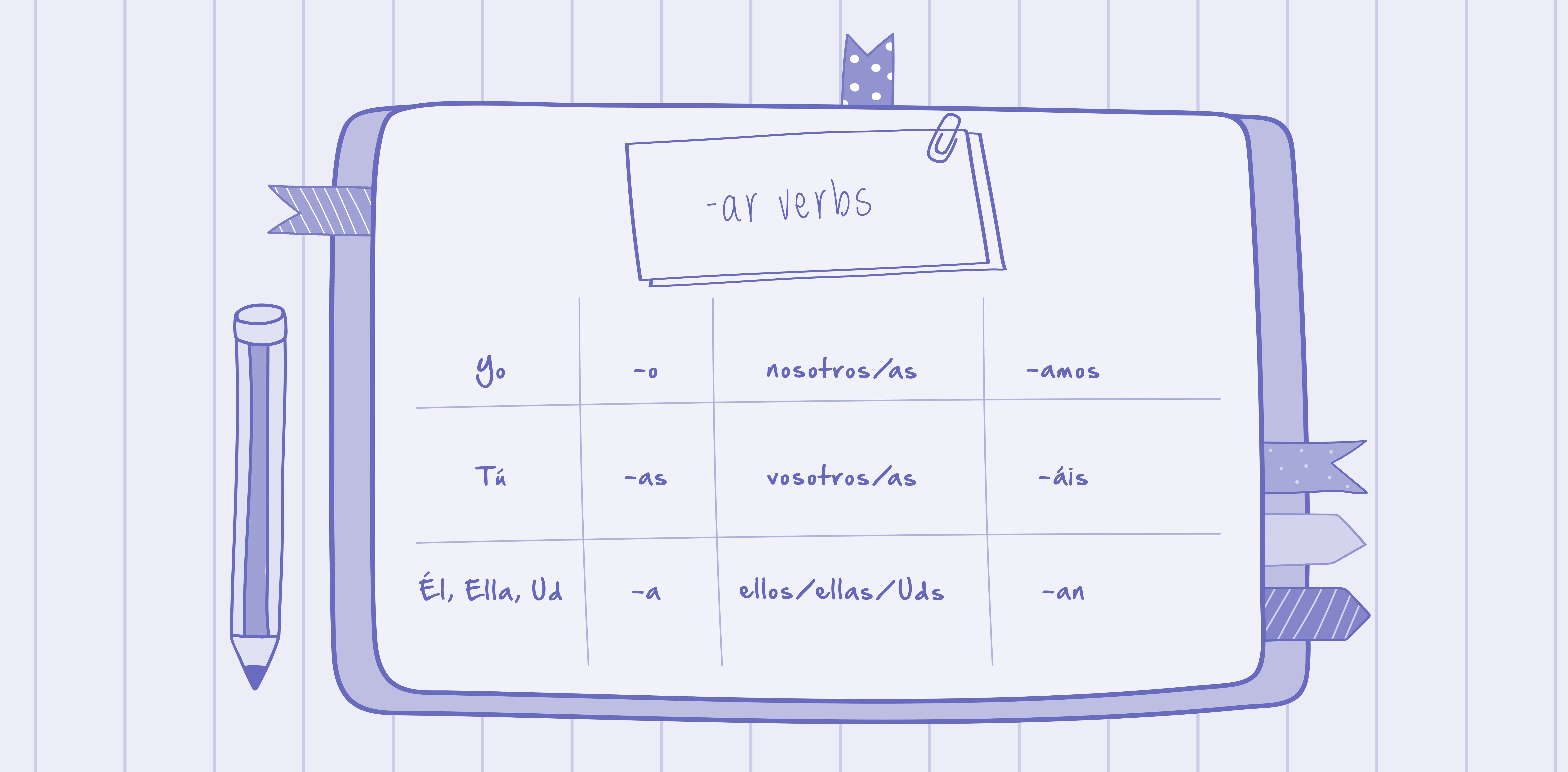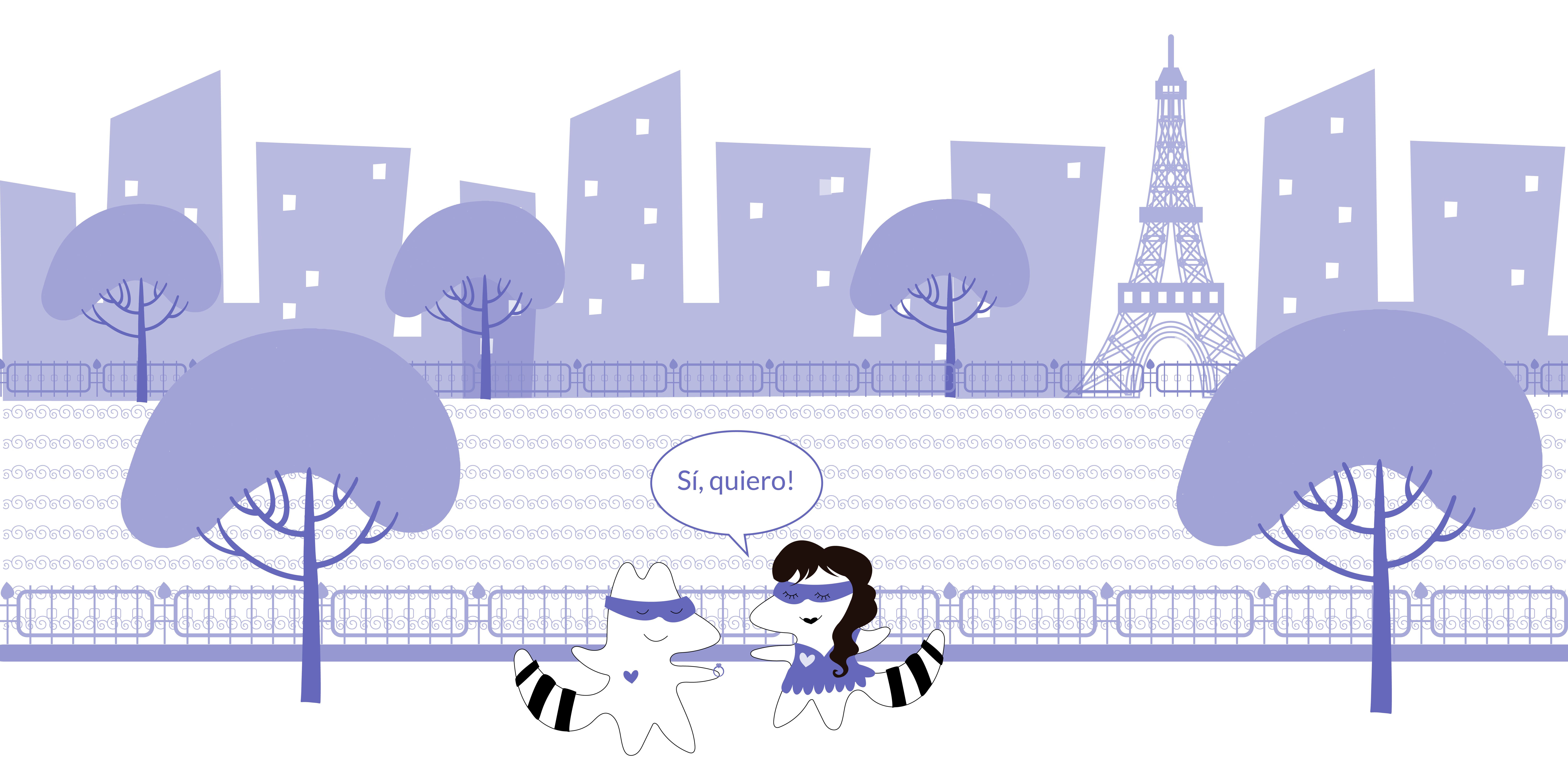
Have you ever found yourself lost in translation while communicating with Spanish speakers? Understanding how to affirm or say "yes" in Spanish is one of the first steps to immersing yourself in the language and culture.
"Yes" in Spanish isn't just about the classic sí. There are several other terms used across Spain and other Spanish-speaking countries that might surprise you. Join us as we take a linguistic journey exploring regional variations and colloquial expressions that can make your Spanish communication more authentic and engaging.
Whether you're a beginner or an intermediate learner, this guide will add a whole new dimension to your Spanish vocabulary. So, are you ready to learn how to say “yes” in Spanish and expand your word knowledge? Let's get started!
Learn Spanish with Langster
The Classic “Yes” in Spanish: Sí
The most universally recognized way to affirm or agree in a Spanish-speaking country is by using the word sí. It's short, sweet, and gets the point across effectively.
Just like "yes" in English, the Spanish sí can be used in a variety of contexts.
Agreement
If someone asks you if you want to go to the beach, you can simply say sí, which translates to "yes."
Spanish
English
— ¿Quieres ir a la playa?
— Sí.
— Do you want to go to the beach?
— Yes.
Confirmation
When used to confirm something, sí works just like "yes" in English.
Spanish
English
— Es tu coche, ¿verdad?
— Sí, es mi coche.
— That's your car, right?
— Yes, it's my car.
Emphasis
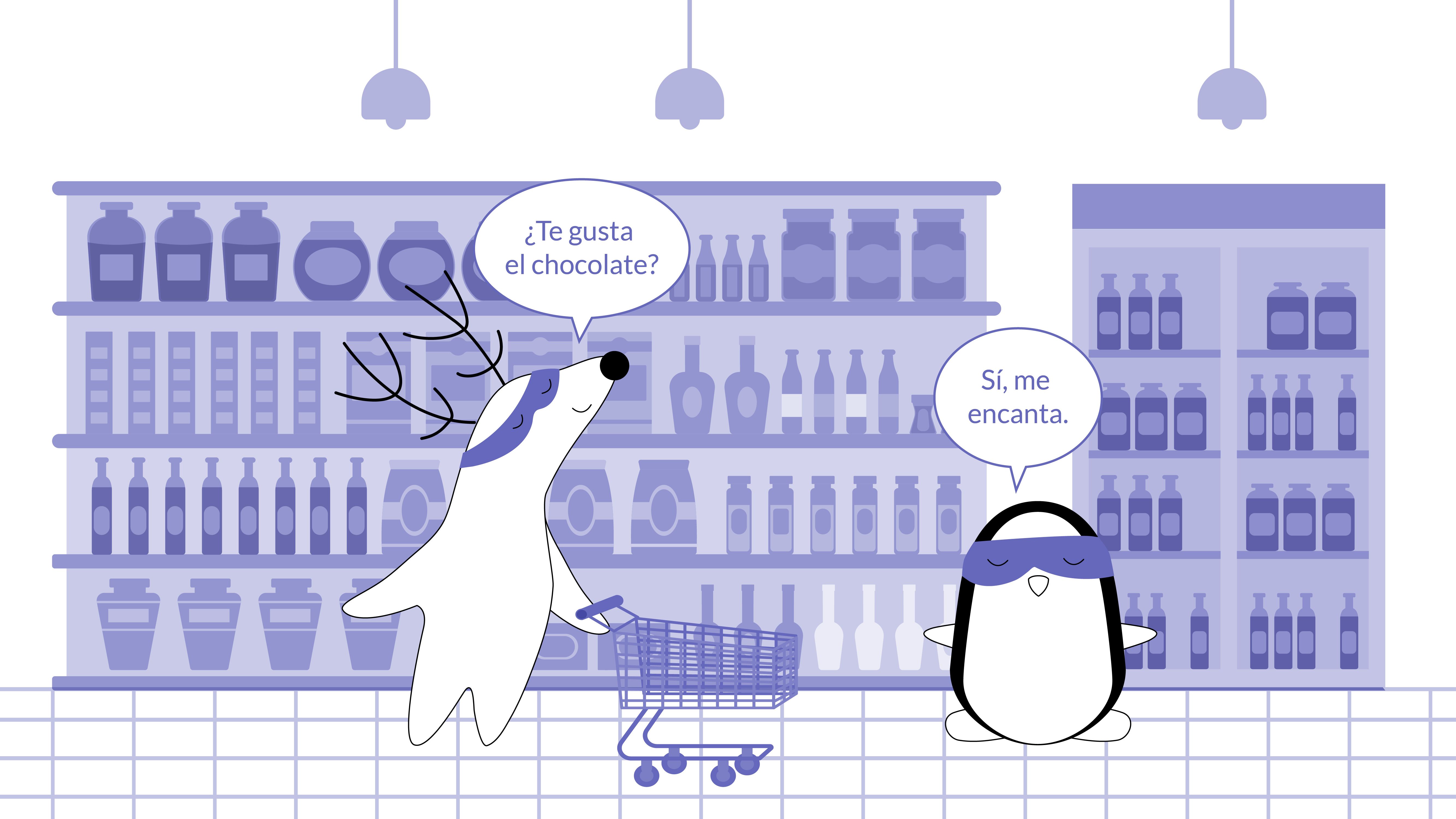
In Spanish, repeating sí can emphasize agreement, much like saying "yes, yes" in English.
Spanish
English
— ¿Te gusta el chocolate?
— Sí, sí, me encanta.
— Do you like chocolate?
— Yes, yes, I love it.
Polite responses
Just like in English, sí can be used in polite responses.
Spanish
English
— ¿Puedo usar tu lápiz?
— Sí, claro.
— Can I use your pencil?
— Yes, of course.
Remember, pronunciation matters. The word sí has an accent mark over the 'i,' which indicates stress on that syllable. So, make sure you pronounce it as 'see,' not 'si' (which means “if” in Spanish).
Now that you've mastered the classic “yes” in Spanish, let's explore other fascinating affirmations in this beautiful language.
Variations of “Yes” in Spanish
As you continue to learn Spanish, you'll discover a wealth of expressions that go beyond the textbook. While sí is the standard way to say "yes," there are several other Spanish words and common informal Spanish expressions that convey agreement or affirmation.
Let's take a look at seven of these variations, along with examples of their use in everyday language.
Claro
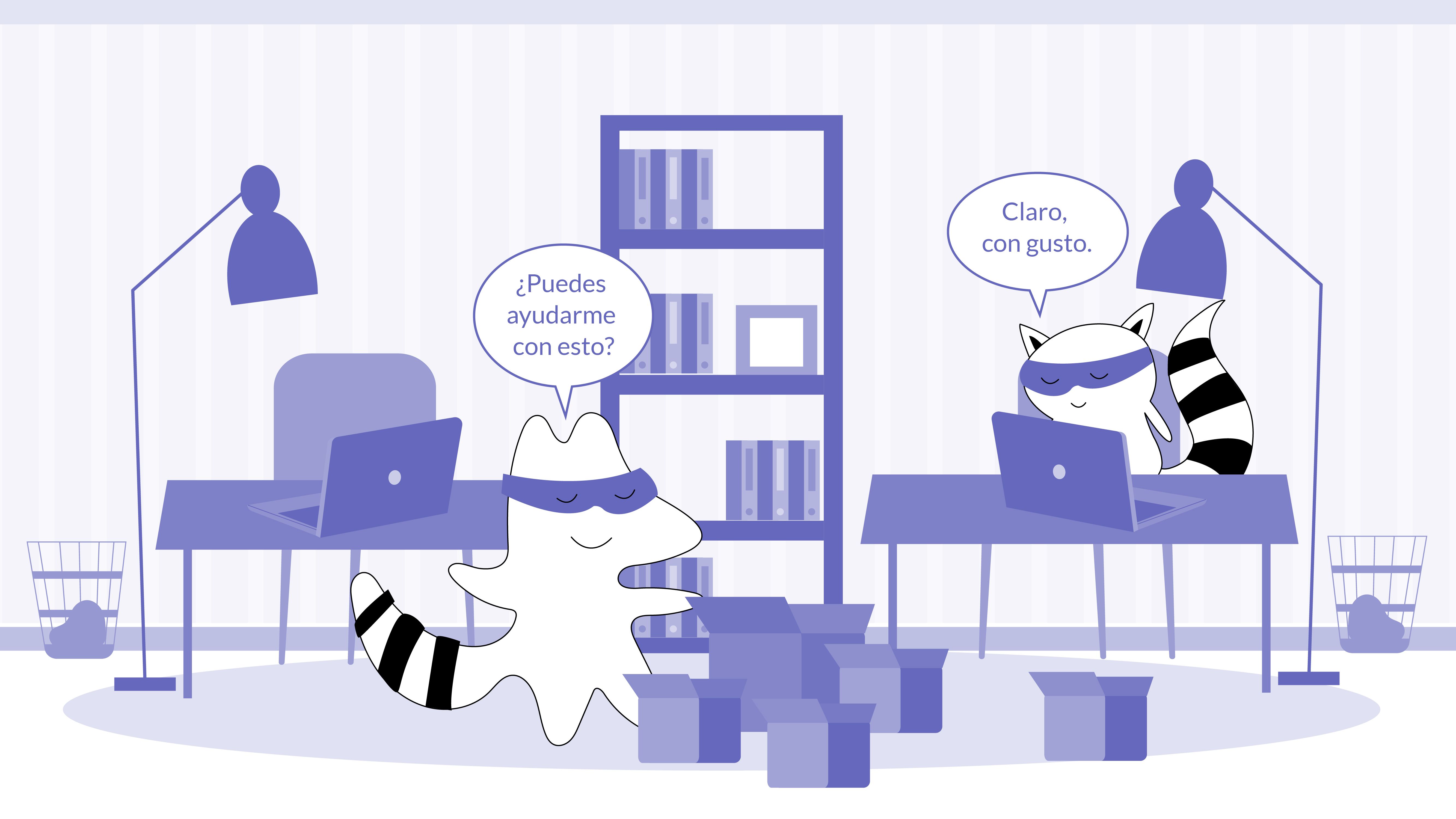
This translates to "clear" in English, but it's often used to mean "of course" or "sure" in Spanish. It's a friendly way to say "yes," especially when you want to emphasize your agreement.
Spanish
English
¿Puedes ayudarme con esto? Claro, con gusto.
Can you help me with this? Of course, with pleasure.
¿Vas a la reunión mañana? Claro, no me la perdería.
Are you going to the meeting tomorrow? Of course, I wouldn't miss it.
¿Puedes recogerme en el aeropuerto? Claro, estaré allí.
Can you pick me up from the airport? Sure, I'll be there.
Vale
Commonly used in Spain, vale is similar to English words "okay" or "fine." It's used to express agreement or acceptance.
Spanish
English
Nos encontramos en el cine a las ocho. Vale, allí estaré.
Let's meet at the cinema at eight. Okay, I'll be there.
Voy a reservar una mesa para dos. Vale, suena bien.
I'm going to book a table for two. Okay, sounds good.
Te llamaré más tarde. Vale, te esperaré.
I'll call you later. Fine, I'll wait for you.
Está bien
Literally translated as "it's good," está bien is used in much the same way as "okay" or "alright" in English.
Spanish
English
Voy a limpiar la casa ahora. Está bien, yo prepararé la cena.
I'm going to clean the house now. Alright, I'll prepare dinner.
Voy a salir con amigos esta noche. Está bien, diviértete.
I'm going out with friends tonight. Alright, have fun.
Voy a hacer las compras. Está bien, compra leche también.
I'm going grocery shopping. Okay, also buy milk.
De acuerdo
This phrase means "agreed" or "okay" in the Spanish language. Use it when you're agreeing to a plan or proposal.
Spanish
English
Vamos a hacer una fiesta este fin de semana. De acuerdo, yo traeré las bebidas.
We're having a party this weekend. Okay, I'll bring the drinks.
Vamos a estudiar juntos para el examen. De acuerdo, nos vemos en la biblioteca.
Let's study together for the exam. Agreed, see you at the library.
Vamos a dividir los gastos de la cena. De acuerdo, yo pagaré la mitad.
Let's split the dinner expenses. Okay, I'll pay half.
Por supuesto
This translates to "of course" in English. Use it when you want to strongly affirm something.
Spanish
English
¿Puedo contar contigo para el proyecto? Por supuesto, estaré encantado de ayudar.
Can I count on you for the project? Of course, I'd be delighted to help.
¿Podrías recomendarme un buen libro? Por supuesto, te encantará El amor en los tiempos del cólera.
Could you recommend a good book? Of course, you'll love Love in the Time of Cholera.
¿Vas a la fiesta de graduación? Por supuesto, ya compré mi vestido.
Are you going to the graduation party? Of course, I've already bought my dress.
Exacto / Exactamente
These words mean "exactly." They're used to agree completely with what someone has said.
Spanish
English
Este trabajo requiere mucha paciencia. Exacto, no es para los impacientes.
This job requires a lot of patience. Exactly, it's not for the impatient.
Los idiomas son ventanas a otras culturas. Exacto, te permiten entender diferentes perspectivas.
Languages are windows to other cultures. Exactly, they allow you to understand different perspectives.
Necesitamos ser más respetuosos con el medio ambiente. Exactamente, es nuestro hogar.
We need to be more respectful of the environment. Exactly, it's our home.
Así es
This phrase means "that's right" and is used to confirm or agree with a statement.
Spanish
English
Hoy es tu cumpleaños, ¿verdad? Así es, gracias por recordarlo.
Today is your birthday, right? That's right, thanks for remembering.
Eres el nuevo gerente, ¿verdad? Así es, comencé la semana pasada.
You're the new manager, right? That's right, I started last week.
Hoy es viernes, ¿no es así? Así es, gracias a Dios es viernes.
Today is Friday, isn't it? That's right, thank God it's Friday.
These variations provide a more nuanced and authentic way to express agreement in Spanish. Remember, context is key when choosing which expression to use.
As you immerse yourself in the language and culture, you'll naturally learn when and how to use these expressions appropriately. So, keep practicing your Spanish homework, and before you know it, you'll be saying "yes" in Spanish like a native speaker!
Contextual Usage of “Yes” in Spanish
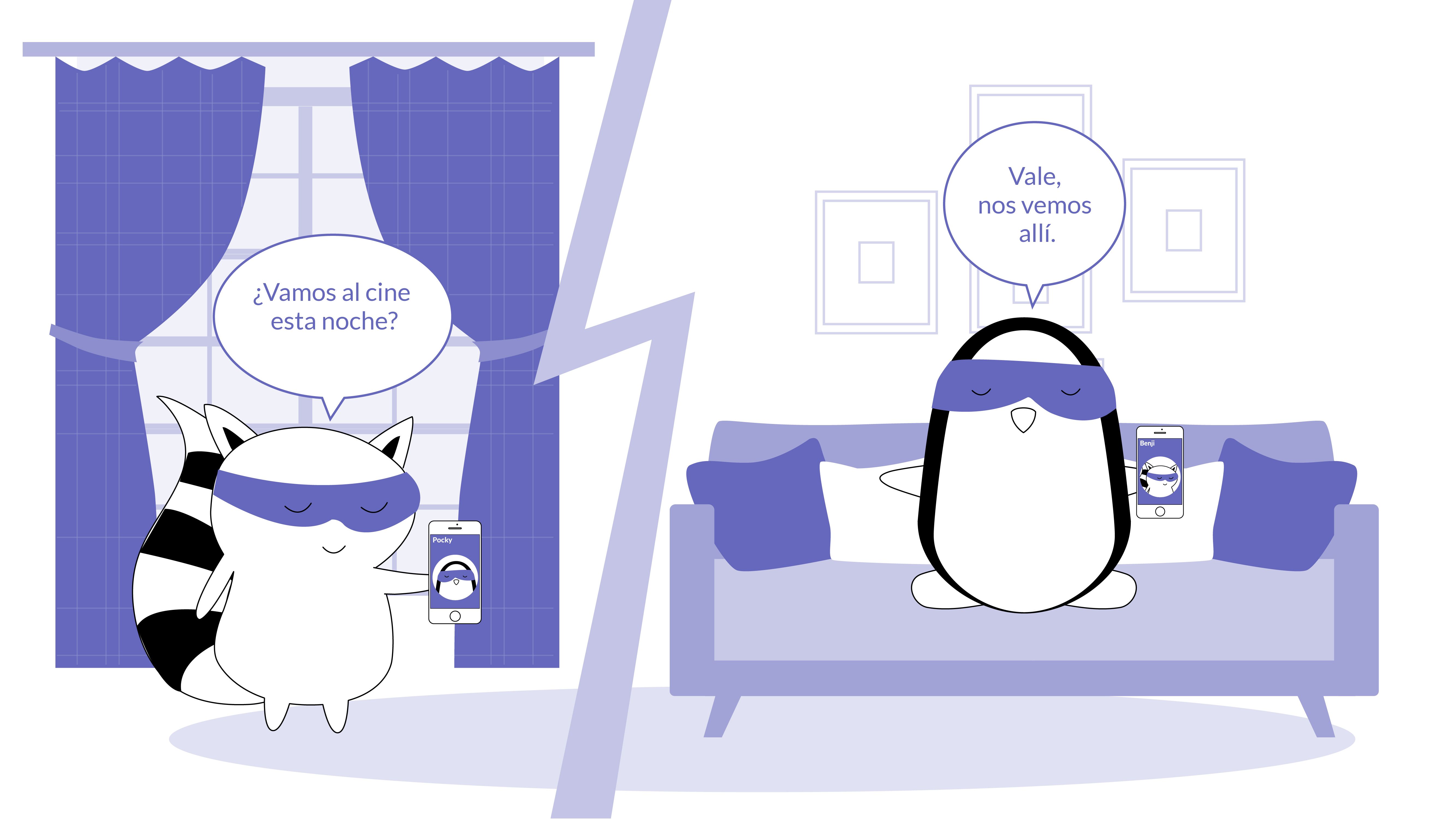
Understanding the contextual usage of “yes” in Spanish goes beyond literal translation. It's about grasping the nuances of the language, which can vary across Latin American countries and Spain itself. As you learn more, you’ll start to appreciate these subtleties and use them to refine your Spanish skills.
We often use English words like "sure," "absolutely," "exactly," and "of course" as affirmatives. Similarly, Spanish speakers use a variety of expressions based on the situation and the degree of formality required.
For example, while sí is a direct equivalent of the English word "yes," phrases like claro, por supuesto, and de acuerdo are all more formal ways to convey stronger affirmation or agreement, much like "of course" or "definitely" in English.
Spanish
English
¿Te gustaría un café? Claro, me encantaría.
Would you like a coffee? Of course, I'd love one.
¿Puedes terminar esto hoy? Por supuesto, lo haré de inmediato.
Can you finish this today? Definitely, I'll do it right away.
Just as an English speaker might use "yeah" instead of "yes" in informal situations, a Spanish speaker vale or está bien for a casual, laid-back vibe. These expressions are common in many Latin American countries and Spain, and learning them can give your Spanish skills a boost.
Spanish
English
¿Vamos al cine esta noche? Vale, nos vemos allí.
Are we going to the movies tonight? Yeah, see you there.
¿Podemos cenar pizza hoy? Está bien, pediré una grande.
Can we have pizza for dinner today? Sure, I'll order a large one.
Remember, language is not just about words; it's also about context and culture. Understanding the appropriate use of sí and its variations can help you sound more like a native speaker.
So, as Spanish students learn these subtleties, they'll find that their ability to communicate effectively in Spanish improves significantly.
Bonus Panel: Slang Ways of Saying “Yes” in Spanish
Mastering a language involves more than just learning formal vocabulary and grammar rules. As any new Spanish student quickly finds out, street lingo and colloquial expressions are key to sounding more natural and understanding locals better.
In this section, we'll explore some informal and slang ways of saying “yes” in Spanish, which can be quite handy, especially when you're conversing with natives or traveling across Latin America.
Síp
This is an informal slang term for “yes,” similar to “yep” in English. It's a more casual and friendly way to agree with something.
Spanish
English
— ¿Nos vemos en el parque?
— Síp, allí estaré.
— Are we meeting at the park?
— Yep, I'll be there.
Ya
This tricky word is often used in Spanish to mean “already,” but it can also be used as an informal “okay” or “yes,” particularly in conversation.
Spanish
English
— ¿Puedes venir ahora?
— Ya, voy en camino.
— Can you come now?
— Okay, I'm on my way.
Bueno
Literally translated, it means “good.” However, in informal contexts, it's often used as a conditional word meaning “well” or “okay.”
Spanish
English
— ¿Podemos empezar la película?
— Bueno, déjame preparar las palomitas primero.
— Can we start the movie?
— Well, let me prepare the popcorn first.
Aro

This is a very local slang term used in Andalucía, Spain. It's an informal variant of “yes.”
Spanish
English
— ¿Quieres más tapas?
— Aro, están deliciosas.
— Do you want more tapas?
— Yeah, they're delicious.
Simón
This is an interesting one. While Simón is a common first name in Spanish-speaking countries, it's also used as slang for “yes,” similar to “yup” in English.
Spanish
English
— ¿Te gustó el concierto?
— Simón, fue increíble.
— Did you like the concert?
— Yup, it was amazing.
Remember, these slang terms can vary greatly from one region to another within Latin America and Spain. As a new Spanish student, don’t shy away from these terms, but listen to how locals speak to understand when and how to use them. They'll add authenticity to your spoken Spanish and help you connect better with native speakers.
The Bottom Line
Learning Spanish, or any language for that matter, is not just about mastering the grammar and vocabulary. It's about understanding the nuances, slang, culture, and the people who speak the language. While “yes” might seem like a simple word to translate, we've seen that there are many ways to express agreement in Spanish, from formal affirmations to casual slang.
To keep honing your Spanish vocabulary and gain a deeper understanding of the language, you can use Langster. It's an excellent platform for language learners offering a wide range of resources, from vocabulary exercises to interactive language games.
Start using Langster, and soon enough, you'll find yourself saying “yes” to conversations in Spanish with confidence and ease.
Learn Spanish with Langster









